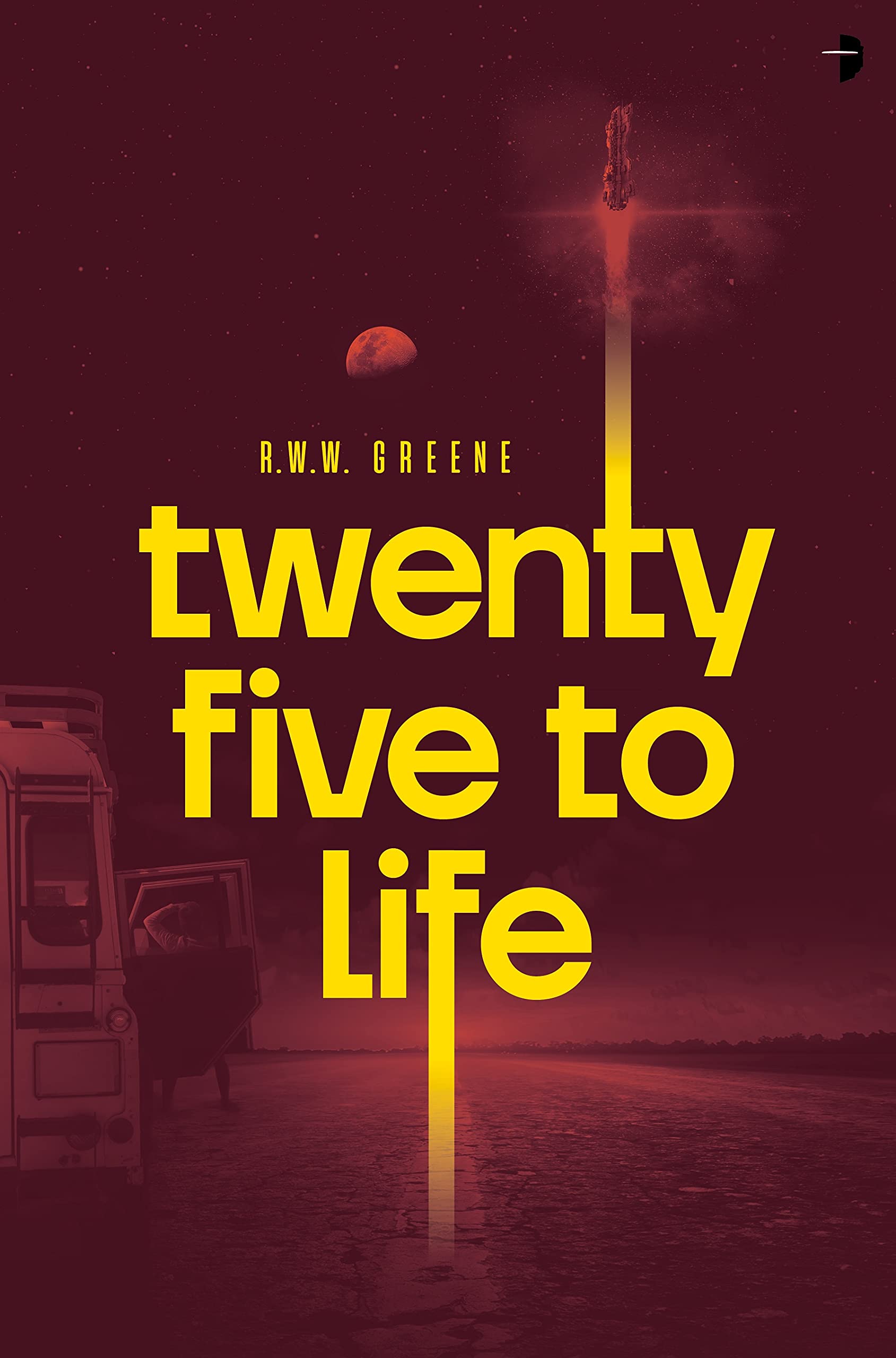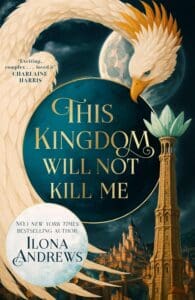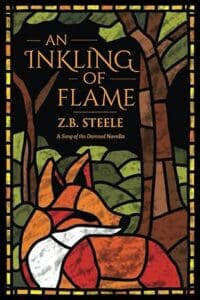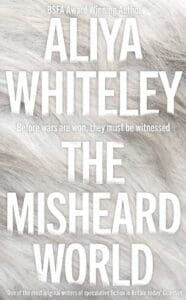
Synopsis
There’s the lucky few who boarded the colony ships bound for Venus. Then there’s the rest of us left behind to either stim the days away in cubes or hit the open road with the Volksgeist and ignore the fact Earth is dying.
For Julie, life in the ‘burbs is a string of medicated monotony. Not yet considered an adult despite being in her early 20s, she attempts to leave the technological comforts of the ThirdEye network behind. She escapes to enter the world of the caravans and the volksnet, riding with the world-weary woman who calls herself Ranger as they rub shoulders with travellers, raiders, seniors, and wanderers of the back roads.
Review
Hello, the fire!
Wow. This book hooked me. Greene’s not-too-distant dystopian future really hits home. He drops us into a world ravaged by hurricanes, pollution, and 90 variants of COVID without so much as a functioning airbag to cushion the fall.
Neo-millennial Julie’s struggle to break out of the boredom and hopelessness of her existence is one we immediately emphasise with. Everyone feels stuck at one stage or other and Julie is no different. The crude removal of most of her emplant (social media and pharmaceutical dispensary all together in one subdermal device) sees Julie physically and symbolically free herself from the oppressive society left back on Earth by the privileged few exiting the planet on colony ships.
We follow Julie as she is then transported to the world of the caravans. There unfurls a sci-fi homage to Kerouac’s On the Road and classic King coming of age stories. Travellers go by their road names; Julie receives the name “Runner” from her wizened old road mentor, Ranger. The duo meets so many colourful characters perfectly-summarised by these road names: Kinks, Coop, Crunch, Fire and Ice, the Dame; you name a character, and you’ll find them outside the ‘burbs. It’s such simple yet brilliant characterisation.
With much of the book set either in Ranger’s clapped out van or caravan camps, Twenty-Five to Life is incredibly dialogue heavy, with the story advancing through the many campfire conversations and road trips. The voices are clear and distinct as Greene examines people’s reasons for leaving modern convenience behind. Julie herself grows in confidence as she quickly adapts. Each campsite brings new characters and personalities to discover, as well as scenarios and dangers Julie and Ranger must overcome. Gangs, cult suicides, guns, and reality TV; it’s a post-apocalyptic Americana and it’s all portrayed brilliantly under a rusty lens.
Summary
I like what the book is trying to say, and it accomplishes this well. It’s eerie how close we are to ravishing our own planet and here Greene is showing us the results. The desire to leave everything behind and hit the road will always be a prevalent part of human culture, no matter how advanced modern convenience becomes. The wasteland is stark but wonderful. The road is long, it’s unforgiving, but there’s a lot of beauty we can find along the way. Welcome to the park!









[…] [Link to full review] […]